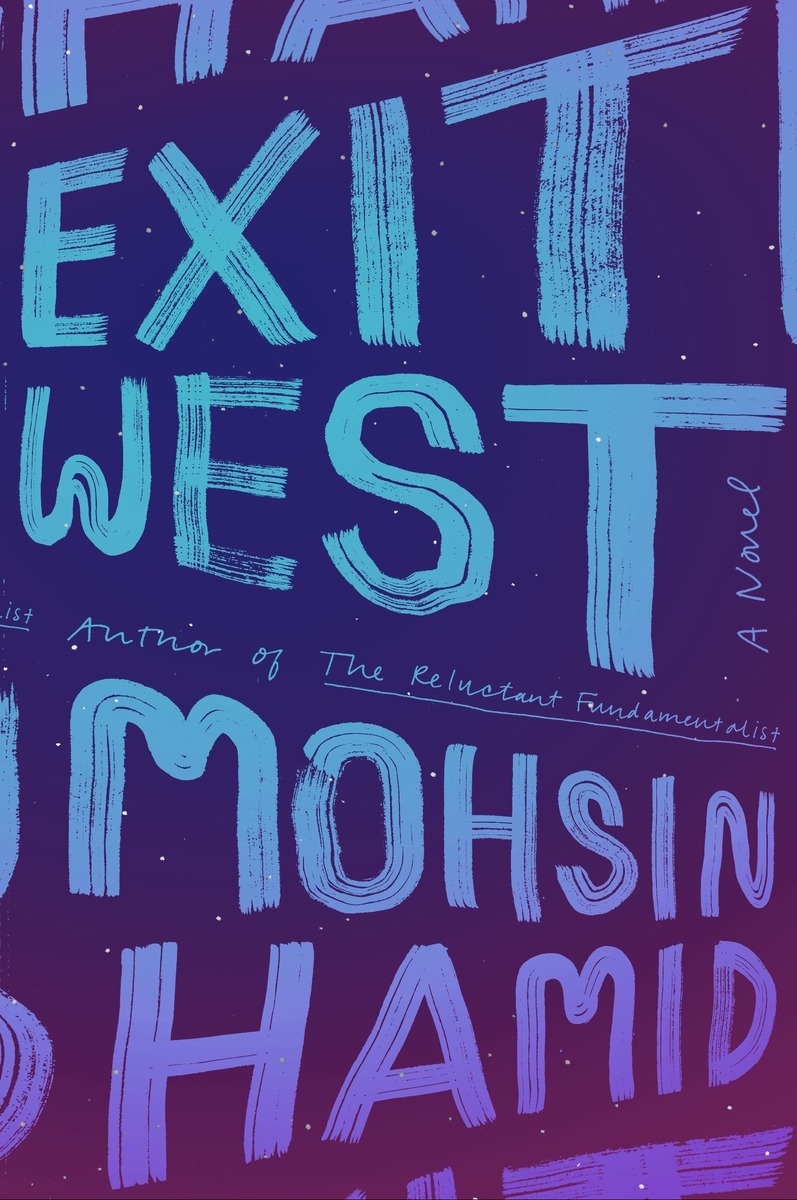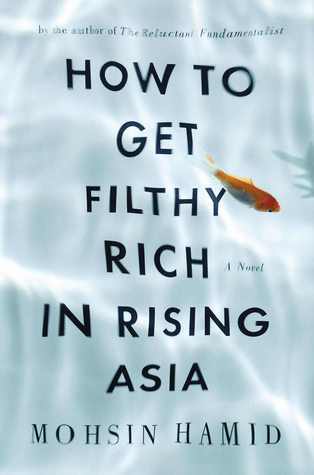
The Reluctant Fundamentalist
Book Description
Amidst the bustling streets of Lahore, an unexpected encounter unfolds between a Pakistani man and an American stranger, igniting a tension-laden dialogue that bridges cultures yet exposes deep divides. As they share a cup of chai, tales of ambition, love, and identity clash violently with the specter of suspicion and prejudice that shadows post-9/11 America. In this gripping narrative, loyalties are tested, and the fine line between confidence and fundamentalism blurs, leaving both characters—and readers—questioning their assumptions. What happens when the very beliefs that define us become the barriers that separate us?
Quick Book Summary
"The Reluctant Fundamentalist" by Mohsin Hamid is a poignant exploration of identity, belonging, and transformation in a post-9/11 world. The novel follows Changez, a bright Pakistani man who finds success at Princeton and a lucrative job in New York, only to face alienation in the wake of September 11. Narrated as a tense monologue delivered to an unnamed American in a Lahore cafe, Changez recounts his journey from ambition and assimilation in America to a growing sense of estrangement and disenchantment. The story delves into his relationship with Erica, his professional unraveling, and the impact of global politics on individual identity. As Changez's perspective shifts, the novel raises unsettling questions about loyalty, perception, and the subtle forces that can make—or unmake—a fundamentalist.
Summary of Key Ideas
Table of Contents
Identity and Cultural Alienation
The novel introduces Changez, a young Pakistani man recounting his story to an American stranger in Lahore. He describes his ascent from modest beginnings in Pakistan to illustrious academic success at Princeton. Changez’s intelligence and ambition earn him a coveted job with Underwood Samson, a prestigious business analysis firm in New York. Initially captivated by the opportunities of the American dream, he finds himself caught between the expectations of his culture and the allure of Western modernity, setting the stage for his inner conflict.
Love and Loss as Catalysts for Change
In New York, Changez falls in love with Erica, a charismatic and deeply troubled woman mourning her late boyfriend. Their relationship is shaped by longing and alienation, with Erica unable to move beyond her grief and Changez struggling to bridge the gap between them. This doomed relationship mirrors his increasing sense of otherness in America, reinforcing the novel’s themes of unrequited love and the quest for acceptance in a world resistant to difference.
Power Dynamics in Globalization
Following the events of September 11, Changez’s experiences in America radically transform. He becomes the object of suspicion and hostility, witnessing firsthand the surge of nationalism and racial profiling. The sense of camaraderie and belonging he once felt dissipates, replaced by estrangement and introspection. The shifting political landscape forces Changez to reflect critically on his identity, prompting a sharp reevaluation of his ambitions and affiliations.
The Impact of 9/11 on Immigrant Experience
The impact of globalization and America’s economic dominance becomes central as Changez’s work at Underwood Samson takes him worldwide, often assessing companies for their profitability and viability. Gradually, he questions the moral implications of his work and the unchecked influence of Western capitalism, recognizing parallels between his company’s practices and the broader imposition of American values abroad. This realization compounds his internal struggle and catalyzes his eventual rejection of his professional path.
Ambiguity, Trust, and Suspicion
Throughout the narrative, ambiguity weaves a thick thread. The novel’s unique structure—as a monologue directed to a mute American listener—infuses the storytelling with tension and uncertainty. Questions of trust, motivation, and potential danger loom over their conversation, reflecting the broader climate of suspicion between East and West. By the conclusion, the boundaries between confidence and fundamentalism, security and threat, blur, leaving the reader to reflect on the subjective nature of belief and the ways external forces can shape one’s fundamental outlook.
Download This Summary
Get a free PDF of this summary instantly — no email required.





